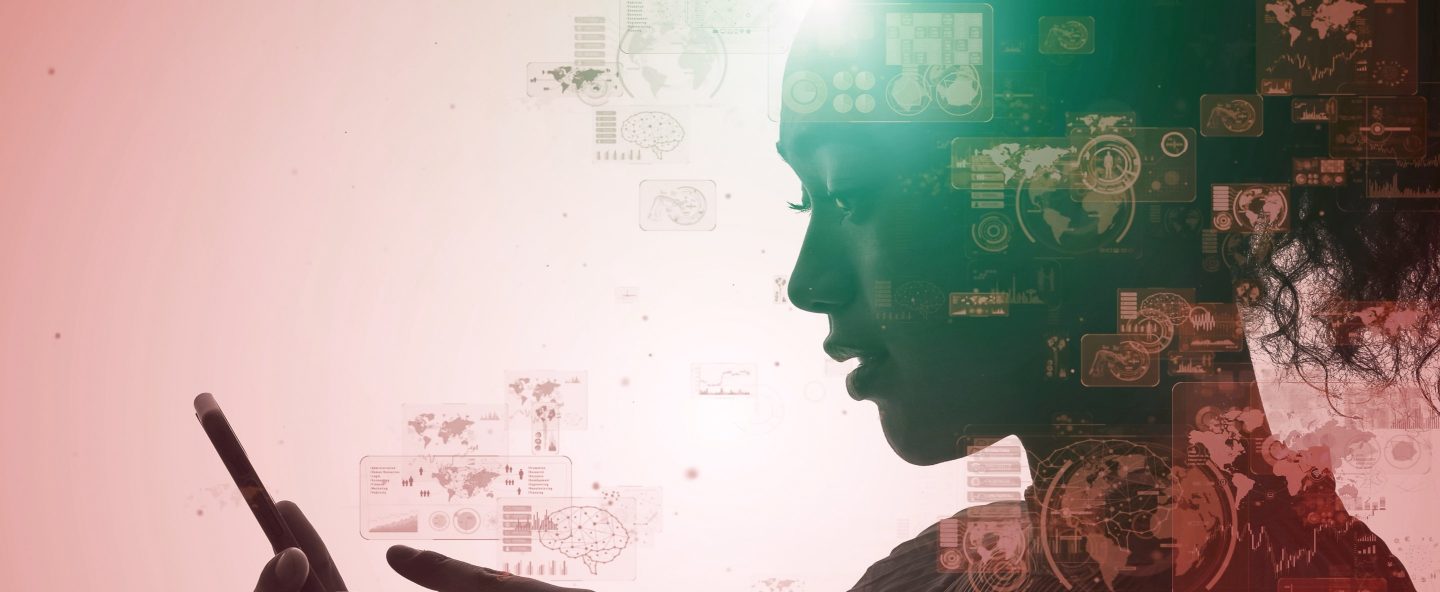Program Overview
A program for improving insomnia resulting from work-related stress with content addressing sleep and separation from work.
GET.ON Recovery is an intervention for treating insomnia related to work. The intervention includes six 45-60 minute sessions focusing on psychoeducation, information on sleep hygiene, setting boundaries between work and home, and coping with work-related stress. Content is delivered using text, video, and audio. Users can keep diaries about sleep, work related stress, and recreational activities. Each session includes exercises to complete during that session and homework to complete between sessions. Users receive answers to questions, reminders to complete the program, and feedback on completion of program sessions and homework from a coach through the program website.
Delivery:
Web-based
Clinician-assisted
Theoretical Approach(es):
Cognitive Behavioral Therapy (CBT)
Behavioral Activation
Metacognitive therapy
Target Outcome(s):
Anxiety
Insomnia
Ages:
Young Adults (18-30)
Adults (30+)
Genders:
Male
Female
Races/Ethnicities:
Unspecified
Setting(s):
Remote Access
Geographic Location(s):
Unspecified
Country:
Germany
Language:
German
